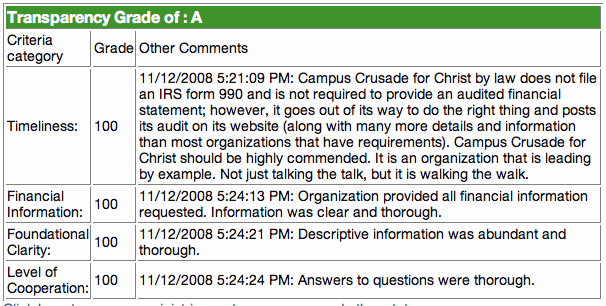The guy next to me on the stationary bike could have made a career out of competitive sweating. I’m not too shabby when it comes to perspiration, but this guy made it an art form. I had turned to him and made small talk, trying to distract myself from the intense pain in my legs. At some point in the conversation I mentioned how I’d been watching what I eat lately.
Stan (we’ll call him that because I’ve forgotten his actual name) immediately started helping me think through diets, and some good things to eat for high triglycerides. He suggested I hand-grind some oats at the beginning of each week, and cook them with a little bit of honey and eat off of them all week long for breakfast. He went on to describe his regular lunch that included (but was limited to) the words arugula, whole-grain, free range, and unsalted.
I nodded a lot.
After a while, he said a line that rang in my ears. He said “one more thing, and then I’m done preaching at you about your diet…”
What an interesting way to phrase it. It’s OK, and perfectly natural for a guy who is passionate about eating healthy (and organic, in Stan’s case) to call others—even perfect strangers beside him on a bike at the YMCA—to do it. Especially if there’s a window in the conversation that gives him the opportunity. He simply can’t keep quiet about it.
Initiative evangelism has gotten a bad rap in recent years. Students regularly tell me that it feels forced and unnatural to approach a stranger with the goal of talking to them about Jesus. And while some of the bad rap is deserved (loveless “Christians” holding hateful signs at funerals or leaving fake $20 bill tracts on the street), most of the aversion to initiating a conversations with a stranger is based on a faulty view of the message being shared.
Tim Keller rightly says “the gospel is news as opposed to instruction.” When we share the gospel with a stranger, we ought not be telling them how to change, or how to repent, or how to pray a prayer or walk an aisle. We ought to be telling them that God became a man to rescue sinful men and women from themselves. It’s the most amazing truth ever told! And it affects EVERYTHING! Why in the world would I not share it with someone, especially if they indicate they are willing to listen?
We should look for opportunities in conversations to share with people, in a natural, respectful way (much like how Stan shared the benefits of organic nutrition). If we really believe the gospel, and are being changed by the gospel, it is something that we will share with others. And while it’s true that sharing with a close friend is natural, it shouldn’t be forced or awkward to share the gospel with a sweaty stranger beside you on the cardio machine.

